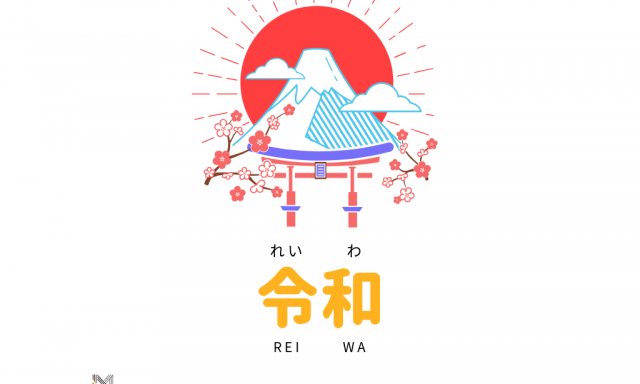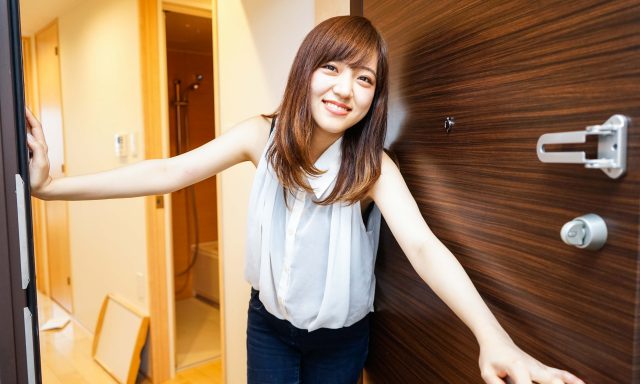Sempai and Kohai Culture

| Respect for one’s elders is a value that is common across many cultures. After all, these people have more experience and accrued a greater wealth of knowledge in their time on the planet than those who are younger. Japan’s sempai-kōhai system comes from this long-held truth. Some might even say it takes it a bit too far. Regardless of your feelings toward this aspect Japanese culture, it is something that plays a role in just about every aspect of life in Japan and it pays to understand the sempai-kōhai system and how it affects interpersonal relationships. |
Sempai – The Mentor
Often translated as “senior,” a sempai is generally somebody who is older than oneself. Even if somebody is only a year older, they are considered the sempai of the relationship by virtue of their age. As such, it is very common for birthdays to be the starting point of conversation when meeting a Japanese person for the first time. This is especially true for situations where you know that you will be seeing the other person on a regular basis, be it clubs, class, or at work. If it turns out that two people were born in the same year, exact birthdates may be used to define to is older – for some people, every day counts in establishing who will take the role of sempai.
Though age is usually the defining factor in identifying the “senior,” there are occasions where the amount of time somebody has spent in an organization will define their status in relation to the people around them. For example, if you are joining a club at school, people who have been a part of the club longer than you are considered to be your sempai even if they are younger.
The role of the sempai in any relationship is to be a mentor to all of their kōhai (protégé or “junior”). Sempai provides guidance for their kōhai in matters pertaining to the organizations to which they belong and also in their everyday lives. Being of higher standing, sempai may refer to their kōhai, as “kun” or “chan,” diminutive suffixes often placed at the end of names of those who are younger. They can also be used as terms of endearment between friends. Sempai may also choose to not use honorific language (keigo) toward their kōhai and instead speak on more familiar terms.
Kohai – The Protege
A sempai cannot be a mentor without a protégé. Usually the younger in the relationship, the kōhai is not one that simply takes but is also expected to give. Though not all people would consider the concessions a kōhai makes to be equal to that of the sempai, the relationship between the two is meant to be mutually beneficial.
As kōhai are of lower standing in relation to their sempai counterpart, they will use keigo with their mentors unless they are given permission not to. They will also refer to sempai with the “san” or “sempai” suffixes as a show of respect. Kōhai may also be asked to do menial tasks upon first entering an organization as a means of learning the basics and earning the respect of their colleagues. In turn, “juniors” receive the tutelage and support of their “senior” counterparts as well as praise and rewards. Kōhai also benefits from the occasional free meal and drink, compliments of their sempai.
Times are Changing
If the tradition seems a bit old-fashioned, harsh, or intimidating, know that many people feel the same way. Even Japanese people. It is because of this that the unspoken rules of the sempai- kōhai system have become laxer in recent generations. Especially as more and more Japanese people raise children abroad before returning to the country. There is also an increasing number of foreign immigrants to Japan. In both of these cases, neither have roots such a system which makes it difficult to assimilate to it. This sparked changes in sempai-kōhai relationships as well as a shift away from the system. Nevertheless, it is recommended to keep the concept in the back of your mind when interacting with Japanese people in any situation. Doing so will make your transition into Japanese life a little smoother. Also remember that just because somebody is a sempai or a kōhai, doesn’t mean that they cannot also be friends. These relationships are also a stepping-stone to forming lasting relationships with the people around you.





